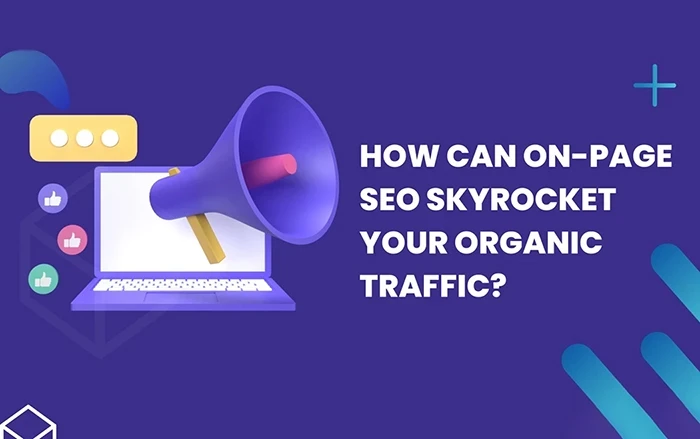On-Page SEO is extremely crucial for your organic marketing efforts. You would want your pages to appear in search rankings and thus people can visit your website.
To achieve this, On-page SEO sets the foundation. If you are just starting as an SEO specialist, this article can be helpful for you. You will learn about the key elements of on-page SEO and how they can help you boost the organic audience of your site.
Before we get into that though, let us start by telling you what on-page SEO is and why it is important.
What is On-Page SEO and What is its Importance?
On-page SEO is the practice of optimizing web page content to improve search engine rankings and increase traffic. When done correctly, it can enhance user engagement and attract more visitors.
Search engines like Google use crawlers to determine if a web page is optimized for on-page SEO, prioritizing these pages in search results. This is crucial because it enables search engines to understand your webpage and recognize its value to visitors.
On-page SEO also helps improve the visual appeal of your content. It is called “On-Page” because the optimizations made are visible to site visitors. Understanding the importance of on-page SEO, let’s now explore its elements and how they contribute to driving site traffic.
Elements of On-Page SEO To Skyrocket Your Organic Traffic
 1. Inclusion Of Relevant Keywords
1. Inclusion Of Relevant Keywords

On-page seo is about adding relevant and highly searched key phrases to your content. You can find them by using online tools like semrush and ahrefs. You can also take a look at the keywords being used by your competitors and include them in your website or page.
Keywords can help drive more traffic to your website because they are essentially search queries that are typed in by users in search engines. These keywords are then matched by what the user has searched for and, if they are relevant to it, the webpage is shown to them in the results.
For this reason, you should only include keywords that are relevant to your site’s content. Otherwise, the website will not be ranked, and even if it does, it will show up in a useless search result and the users will scroll right past it. To increase the likelihood of your page being ranked and getting traffic, try including keywords in your url, title, body text, and subheadings.
 2. Optimization Of Content By Increasing Its Readability
2. Optimization Of Content By Increasing Its Readability
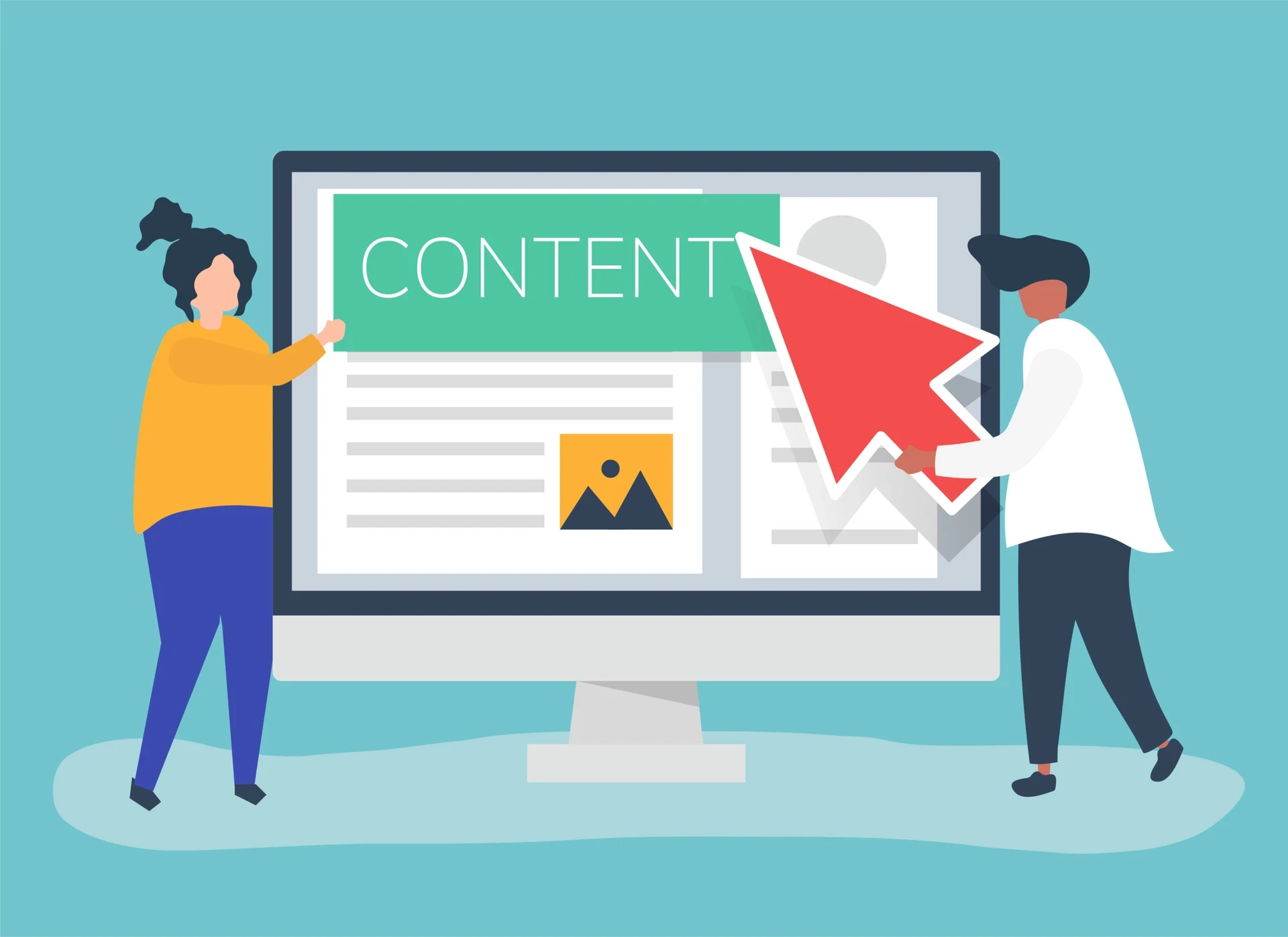
Creating quality content and optimizing it for people is extremely important. Search engines consider this when ranking a page in the SERPS. They want content to be useful and helpful for the readers.
Therefore, the readability of your website’s content must be as high as possible. Failing to do so can result in dull and boring content. Many people go as far as to hire a dedicated writer so they can create high-quality and readable content for their site.
You can do that yourself as the readability of the content is decreased when complex words and sentences are used in it. To fix that, you can simply reword the content to remove any complex words from it and use simpler and easier synonyms in their place instead. To make things easier for yourself, you can make use of an online rewording tool as these tools can effectively reword the given text in mere seconds.
Besides this, rewording allows you to bring something new to the mix and visitors might find it interesting since you won’t be using the same word twice. This makes the content engaging and more readable at the same time and search engines like this. Doing this will surely increase the ranking of your site and increase its traffic.
 3. Usage Of Content That Has No Grammatical Mistakes
3. Usage Of Content That Has No Grammatical Mistakes
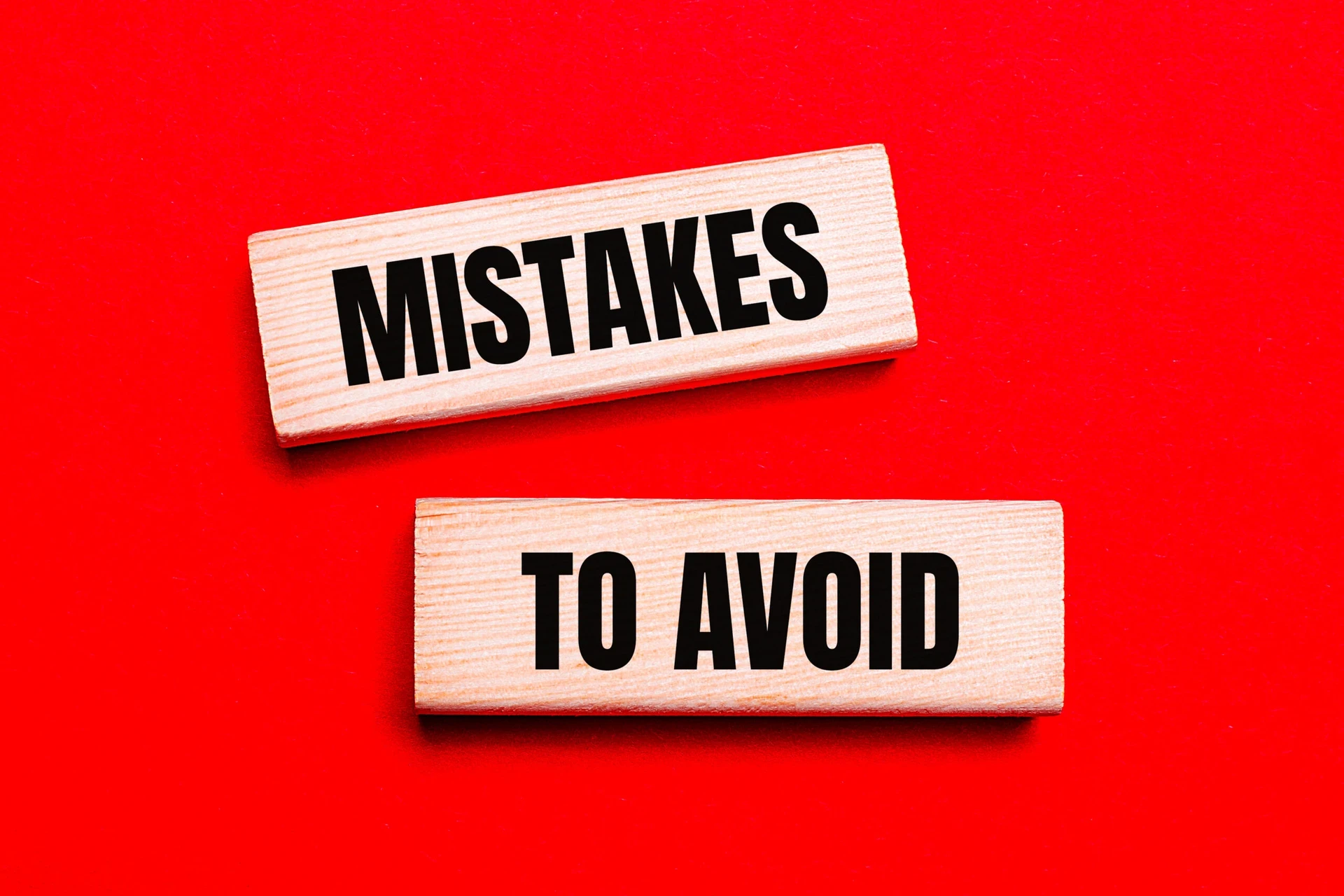
Since it is what most people want, your website’s content is vital in driving traffic to it. Having content that contains grammatical mistakes can make your website look less authoritative and give the viewer the impression that it was written by someone who isn’t serious about maintaining the quality.
Grammar mistakes can also result in confusion in the sentences, and you don’t want that on your website because google carefully looks at it for typos before ranking it. It is also considered one of the elements of on-page seo.
To create content that has no mistakes in grammar, you have to be proficient in the language and should consider proofreading it so you can find any mistakes once you’re done creating it. Besides this, you can also perform a grammar check by using an online tool.
 4. Addition Of Visuals To The Site’s Content
4. Addition Of Visuals To The Site’s Content
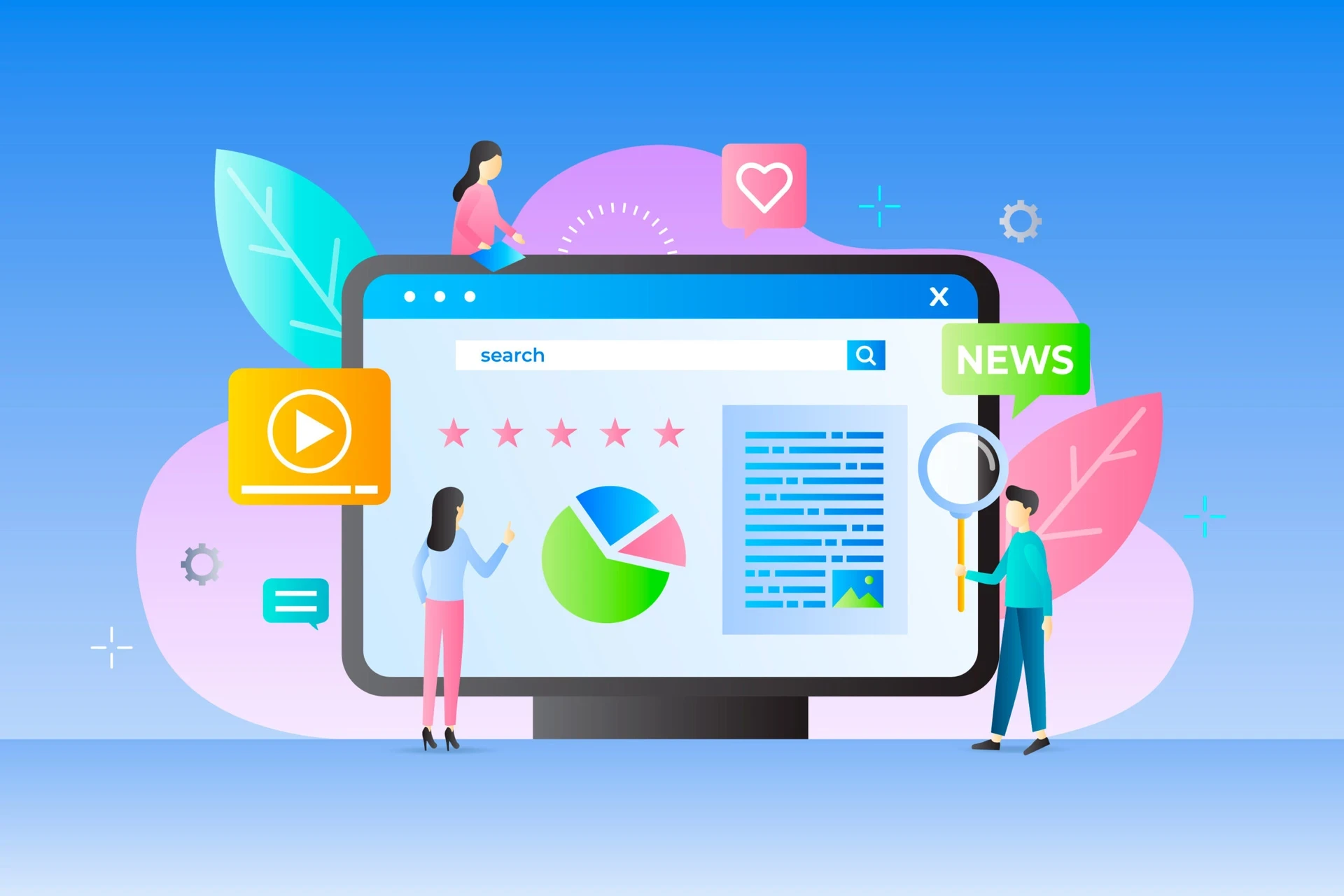
Visuals, such as images, videos, gifs, and infographics, can enhance the appeal of your website’s content and capture the reader’s attention. They also aid in comprehension, particularly when infographics are utilized.
These visual elements play a role in on-page SEO optimization, as they can engage users and increase their time spent on your site, ultimately boosting its ranking. Search engines consider “Dwell Time,” the duration a user spends on a webpage, when determining its ranking.
Therefore, incorporating visuals can extend user engagement, increase the likelihood of higher rankings, and drive more traffic. It is advisable to provide accurate alt texts for the visuals, as search engines rely on them to understand the content of images, since they cannot scan visuals directly.
 5. Concise And Compelling Meta Descriptions
5. Concise And Compelling Meta Descriptions
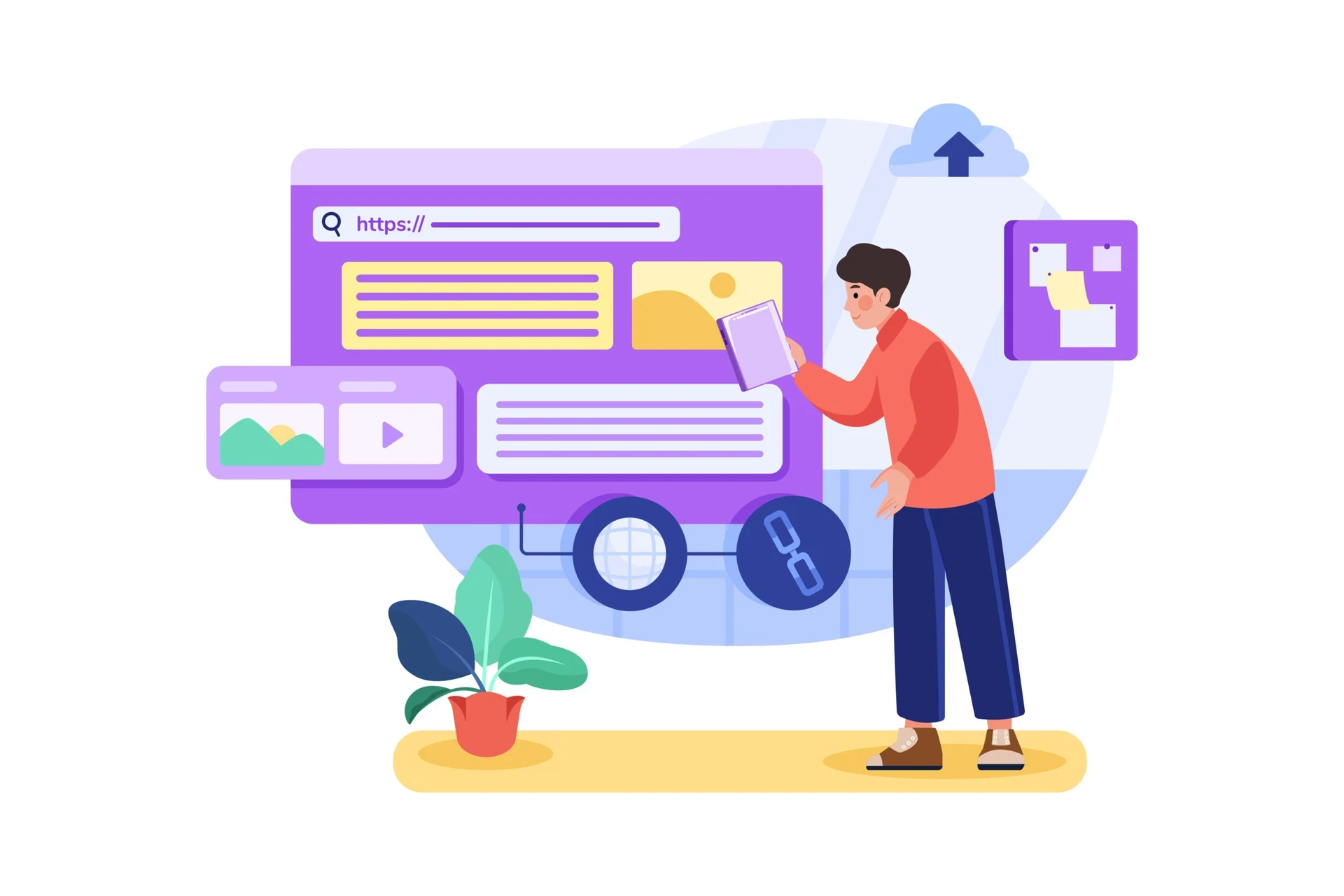
Meta descriptions are an important part of on-page SEO as they provide a brief preview of what users can expect when they click on a website or page from a search engine results page (SERP).
While search engines don’t use meta descriptions as a ranking factor, they can still increase website traffic by giving users a clear idea of the content they will find. It is crucial to create compelling meta descriptions that capture the user’s attention and encourage them to explore further.
It is also important to keep the description between 50 and 160 characters to ensure it is concise and accurate.
 6. Quick Site And Page Loading Speed
6. Quick Site And Page Loading Speed
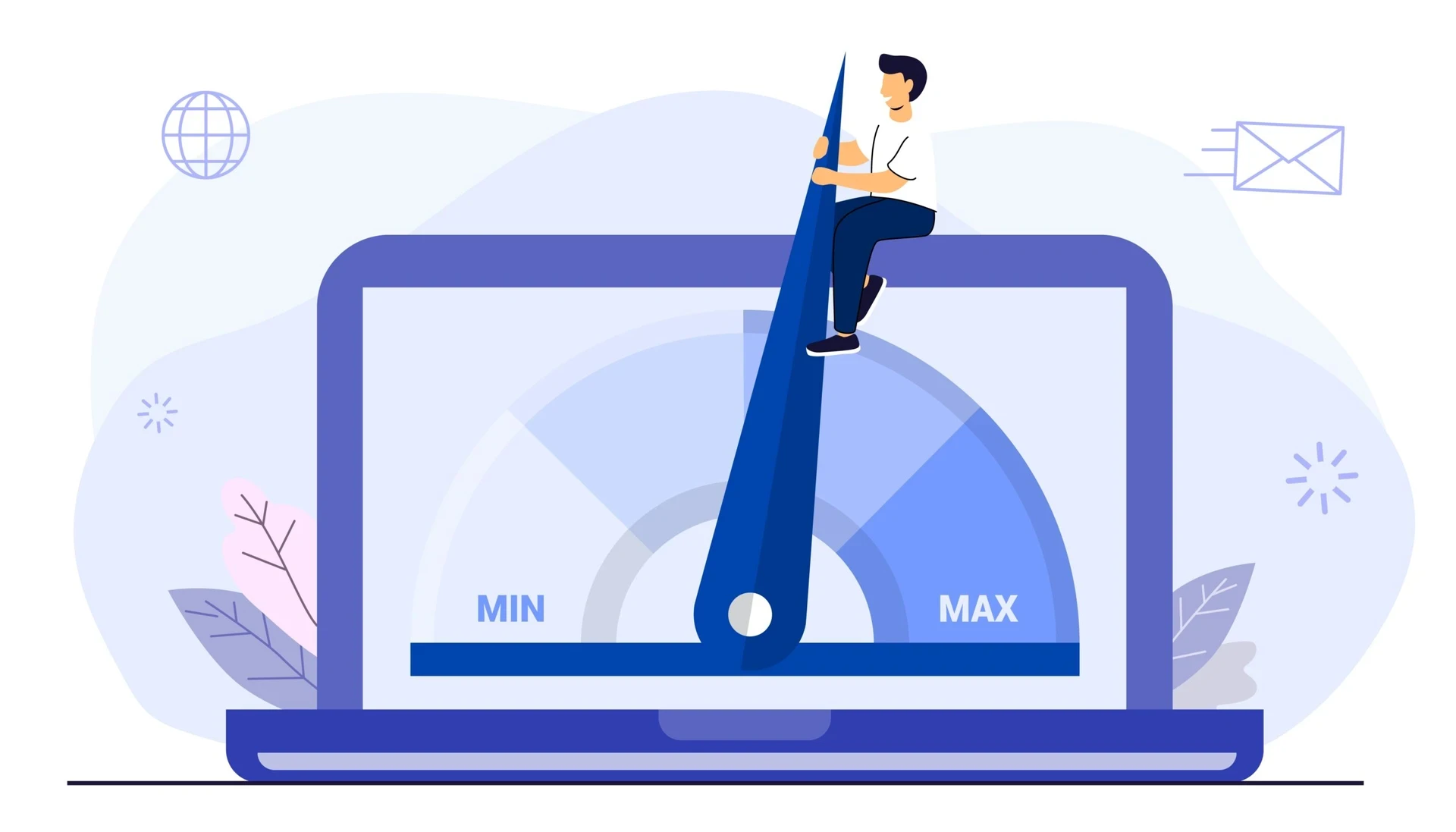
Having a fast-loading website is crucial for attracting and retaining users. Slow loading times can cause users to leave and find information elsewhere. Search engines also prioritize websites with quick loading speeds.
To optimize your site’s loading speed, you can use tools like Google’s PageSpeed Insight to check its performance. If it’s slower than average, you can compress visuals, reduce redirects, cache web pages, and remove unnecessary plugins.
Consider using a reliable hosting service like Wix, which optimizes your site for you. Aim to keep your site speed under 2 seconds for optimal user experience.
Top 15 Popular Things You Shouldn’T Miss For On-Page Seo
On-Page SEO is all about observing others and testing different things to ensure you stand out from others. Here are some most crucial things you should do:
- Don’t forget the focus keyword – sprinkle it in the title, headings, content, and URLs, but avoid keyword stuffing.
- Create high-quality, informative, and engaging content that users love and search engines crave.
- Craft compelling meta descriptions and title tags that entice users to click.
- Build a strong internal linking structure and don’t neglect relevant external links.
- Optimize images with alt text, captions, and appropriate file formats for faster loading and better understanding.
- Leverage social media to encourage website visits and boost SEO signals.
- Keep your content updated and relevant to stay ahead of the curve.
- Encourage user interaction with comments, reviews, and social sharing buttons.
- Optimize for voice search queries with natural language keywords and structured content.
- Integrate high-quality videos into your content to boost engagement and SEO.
- Use analytics data to track performance, identify areas for improvement, and adapt your strategy.
- Ensure your website is accessible to everyone, including those with disabilities.
- Don’t focus on quick fixes – build a sustainable SEO strategy for long-term success.
- Keep up-to-date with the latest SEO trends and algorithm changes to maintain your edge.
- Bonus Tip: Don’t underestimate the power of a catchy heading!
9 On-Page Seo Things To Avoid
Besides all the main things you should be doing, make sure you keep an eye on certain things. Here’s some of the main things you should avoid.
- You should avoid stuffing keywords because it hurts readability and flags you as spam.
- Ignoring titles or leaving them generic gives search engines zero clues about your content.
- Dead ends frustrate users and harm your website’s trust. Check links regularly and fix them fast!
- Ignoring mobile optimization leaves a huge audience out in the cold. Adapt for smooth mobile experiences.
- Skipping image alt text and captions misses SEO opportunities and leaves visually impaired users lost.
- Thin, irrelevant, or outdated content won’t keep anyone engaged or attract search engines. Quality matters!
- Confusing navigation and messy layouts make it hard for users (and robots) to find what they need.
- Broken code, slow loading times, and security issues scream “amateur hour” to search engines. Prioritize technical SEO!
- Ignoring social media promotion misses valuable SEO signals and engagement opportunities. Share your content!
Consider SEO as a marathon instead of a sprint. Avoid these pitfalls and focus on consistent high-quality content and user-friendly experiences.
Wrapping Up
Optimizing your site for on-page SEO is important to boost its traffic. We discussed some of the main things which can help your website to attract more organic visitors. Besides
 Christmas Mega Sale – Enjoy Up to 50% OFF on Every Plan!
Christmas Mega Sale – Enjoy Up to 50% OFF on Every Plan! 
